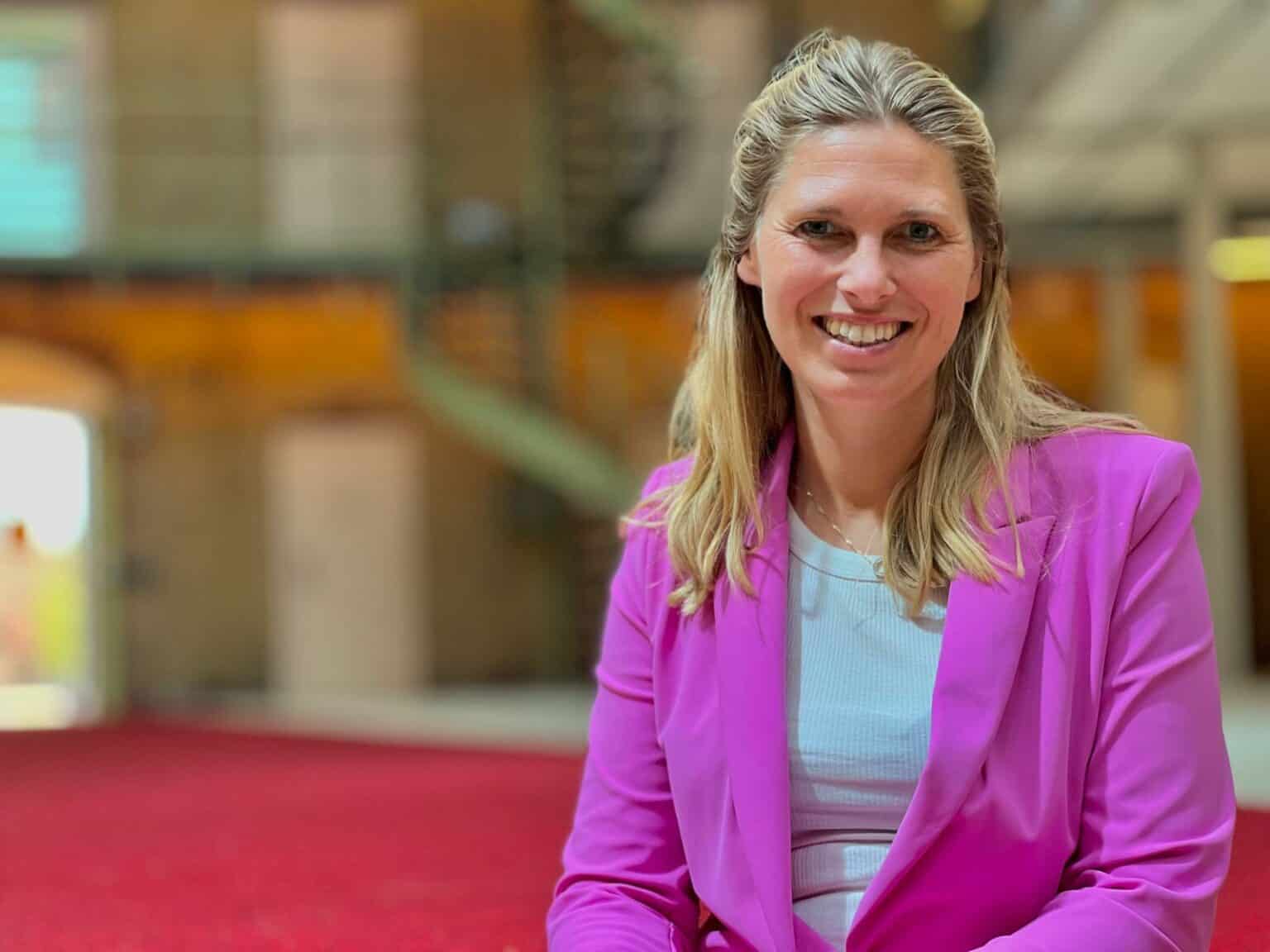Julie still remembers that all kinds of brands – including really big names – were on the Nine-month fair came to her for the first time at the RAI instead of the other way around. “That was really the moment when I felt my business starting to take off,” she reflects. “The great thing was that those brands not only wanted to talk to me, but also noticeably talked to each other about Tiny Library. So the market was clearly interested in our model. The fact that they came to me for advice showed that our platform really offered a solution for the market.”
The rental solution for brands
Tiny Library is now a household name among brands for baby and children's items, but is still mainly known as a separate and independent rental platform. Julie wants to change that image. "The goal I have had on the horizon since I founded my company is that we are the rental solution for all large, leading brands. To achieve this, we need to link our service to the channels and platforms that brands have themselves. That requires deepening: we need to work even more closely with customers to truly integrate our service into their business operations."
“Rental requires new systems
”The obstacles she encounters still characterize the circular economy. Julie: “When setting up a rental concept, you quickly notice that there are practical gaps to fill. Rental requires different processes and systems than sales, for which everything is already in place. Think of Shopify (the best-known software solution for sales websites) and Facebook ads, whose algorithm is completely geared towards sales. Where a seller finds such a logistics service provider for the delivery of strollers, we discovered through trial and error that we cannot use the standard parties because their processes are not set up for returns and refurbishment. Everything is purely focused on delivery. It takes time and money to set up the rental market so that we can compete with sales.”
Doubts about safety and hygiene
Another challenge is the financial doubts that many brands still have about rental. Julie: “There is always a fear of cannibalization of rental on sales. Companies ask themselves: what does a mix of the two do with the current turnover? And then there are the products themselves. Take a rented stroller: after use, it is checked and cleaned in our refurbish depot before renting it to the next family. No matter how expertly and thoroughly we do that, many brands still have doubts about safety and hygiene. Rental really requires a different approach. mindset, both from the consumer who uses the items and from manufacturers and brands who supply them. We must continue to actively think along with the latter group in particular to convince them.”
Pre-financing for platform and marketing
Julie is extremely grateful for the financing that ROM InWest offered its company. “Our circular model – product as a service – by definition requires pre-financing, not only for the development of the platform itself but also for all the marketing to introduce our solution to the market. Now that we are slowly but surely entering a new phase, we hope to quickly reach a scale where we can generate our own financing.”
From niche to norm
Julie keeps her dream sharply in mind. “My dream is that in a year’s time, all Dutch people who have children will automatically think of Tiny Library as the place to go for baby and children’s items. The market should also stop seeing renting as a niche solution and start seeing it as the norm. It would be great if this dream came true. I started my own business because I really want to make a difference and contribute to a better society. It’s great that we’re taking steps, even if they’re still small.”



